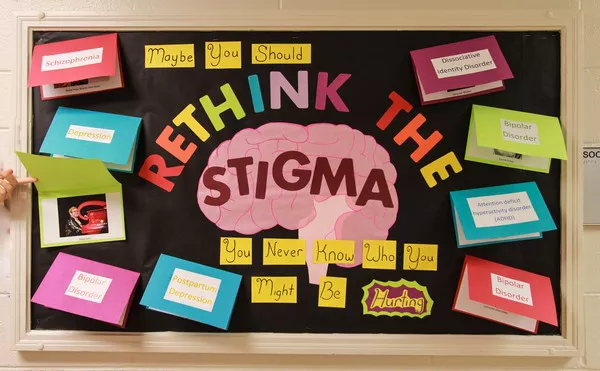Chronic pain affects approximately 21% of U.S. adults, according to the CDC, and is closely linked with increased risks of depression and anxiety. The overlap between chronic pain and depression creates a challenging cycle of disability and discomfort for many individuals.
Dr. Kurt Kroenke, a research scientist at the Regenstrief Institute, notes, “About half of those with depression experience pain symptoms, and about half of those with chronic pain experience depression symptoms.” This interplay can exacerbate both conditions, as pain often disrupts sleep, worsens mood, and heightens susceptibility to depression, while depression can intensify the perception of pain.
Dr. Kroenke emphasizes the importance of addressing both physical and psychological symptoms during medical consultations. He advocates for discussing issues such as sleep disturbances, low energy, and concentration problems alongside pain symptoms.
As the developer of several key questionnaires for assessing pain, depression, and anxiety, Dr. Kroenke underscores the value of integrated treatment approaches. “Treating one condition can sometimes alleviate symptoms of the other,” he explains. Addressing both pain and depression simultaneously may require a multifaceted treatment strategy to effectively break the cycle.


